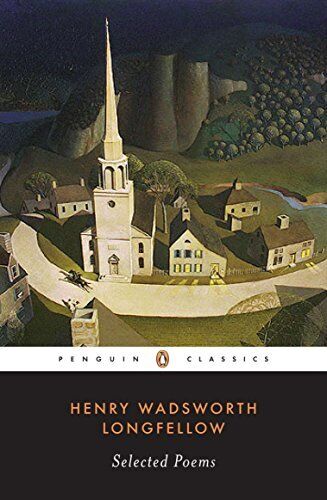Quixotic – like or befitting Don Quixote; extravagantly chivalrous or romantically idealistic; visionary; impractical or impracticable
“On a more earthy and immediate level, [Longfellow] was shattered by his first wife’s death after miscarriage during his second European trip (1835); he endured years of frustration (1836-42) before his second wife-to-be consented to return his quixotic passion with anything more than friendship; and after nearly twenty years of happily married life thereafter, he was devastated again by her death in a freak accident in their home, when her gown caught fire.”
Lawrence Buell, in the introduction to Henry Wadsworth Longfellow: Selected Poems

